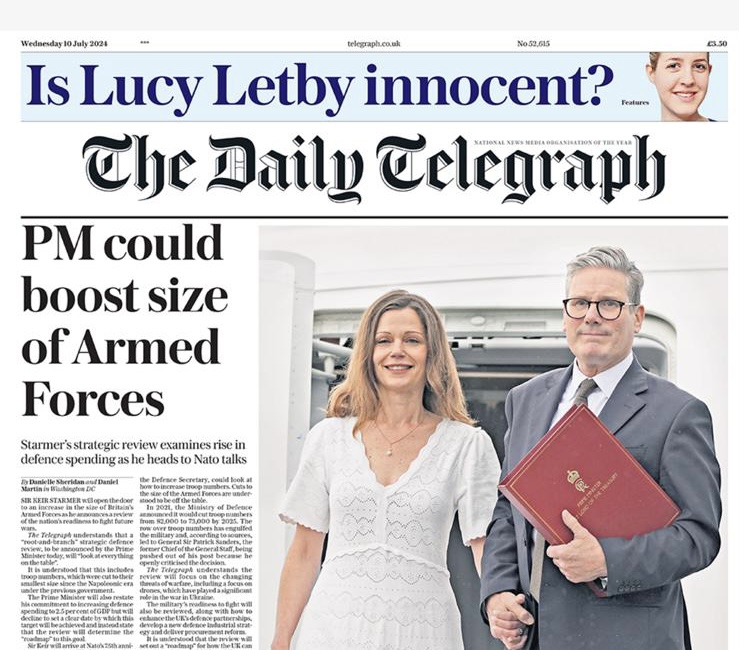The case against Lucy Letby has been questioned by experts as reporting restrictions on the case have been lifted.
A significant group of medical experts who were involved in this, or similar cases, as well as those involved in miscarriages of justice, have raised concerns about the safety of the conviction.
Letby has been convicted of murdering or attempting to murder 17 babies while working as a neo-natal nurse at the Countess of Chester hospital. Speaking now without facing danger of being in contempt of court, experts in the fields of medicine, pathology and statistics have questioned the safety of the conviction.
Letby is currently serving life in prison and her application to appeal the initial 14 convictions has been rejected. As her sentence was being handed down during a retrial for one of the cases last week, she shouted to the court that she was innocent.
Speaking to the Guardian, the neonatologist, Dr Mike Hall said he did not think Letby had a fair trial. He said ‘no medical expert witness was called for the defence to challenge the prosecution expert medical evidence’. He said he was deeply troubled by this, and believed the prosecution did not prove her guilty beyond reasonable doubt.
Other experts told the Guardian that the medical evidence advanced – that which was said to prove the babies were murdered by Letby by various means – was ‘implausible’.
An article published today in The Telegraph recounts in detail concerns over the deaths of many of the babies. All were variously premature, underweight, seriously ill, or facing other complications.
The aforementioned Dr Hall was instructed as a witness for the defence but was never called. He has said he was troubled by the prosecution’s ‘exaggeration’ of the health of the babies. He told the Telegraph: ‘It’s my opinion, the prosecution medical expert witnesses exaggerated the degree of wellness of those babies to a significant extent… I would have thought it would have had a significant influence on the jury.’
Concerns have also been raised about the use of statistics in Letby’s conviction. A key piece of evidence was a shift chart that purports to show that Letby was the only nurse who was on duty at the time of each of the babies’ deaths. However, she was not on duty at times when other babies, not in the realm of this case, died. The chart excludes these cases, as Letby was not investigated in relation to them either because she was not there, or there was no suspicion that she was implicated.
Between June 2015 and June 2016 there was an unusual cluster of deaths, with Letby investigated and convicted for being involved in seven of these.
A criminology professor at Birmingham City University, David Wilson, has gravely criticised this use of data. He said: ‘You don’t need a PhD in statistics or maths to know that this is dreadful. This illustrates what you can do with cherry-picked data.’
Other medical experts have come forward to question the plausibility of Letby’s murdering the babies through injecting air into their stomachs or bloodstreams, as the symptoms these babies displayed could have had other causes. The testing done to establish the fact that Letby poisoned other babies with insulin has also been questioned.
Practitioners working within the NHS have raised concerns about the staffing of the neonatal unit in Chester at that time alongside the multiple other problems facing the ward. The fact that the elevated level of deaths stopped when Letby was suspended from her role can also be explained by the fact that at the same time the ward was downgraded, meaning it was no longer permitted to care for the sickest and most at-risk babies.
Media scrutiny of the case increased with the publication of an article in the New Yorker while reporting restrictions were in place in the UK. With the lifting of these restrictions, people with doubts about the safety of the conviction may continue to come forward.







